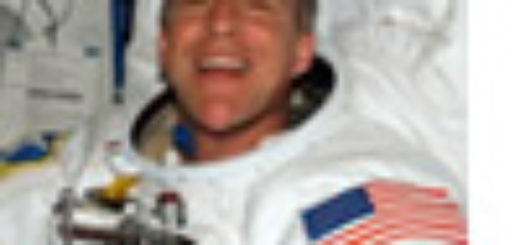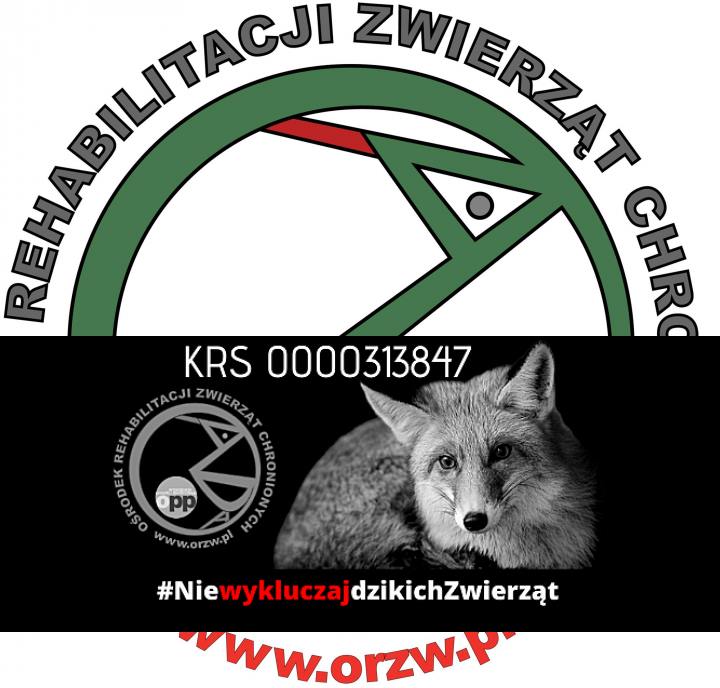Interview with Marcin Herra CEO of PL.2012
PL.2012 is the coordinator and overseer of preparation undertakings for EURO 2012 in Poland. The enterprise has called together national coordinators and given them particular areas of oversight and operations, working closely with the Ministry of Sport and Tourism, UEFA, the Polish FA and representatives of Ukraine. It is coordinating the work of host city organizational bodies.
PL.2012 was established for the sole purpose of delivering EURO 2012 on behalf of the Ministry of Sport and Tourism. How and when was the company formed?
MH: The Company, in its present shape began operating on 8 February 2008 in an empty office with only five people including the board!
How did you structure the organisation to deliver EURO 2012?
MH: PL.2012 is structured in accordance with UEFA requirements, i.e.: we have the same coordinators as UEFA does, Polish Football Association and all of the host cities. The main purpose was to create an efficient and effective organisation with clear roles and responsibilities.
What is the scale of the investment required to deliver EURO 2012 and how are you funding such an ambitious programme of work?
MH: The total budget is circa several dozen billion EURO and there are five main sources of funding – central budget, regional budget, local government budget, private investments and EU subsidies. It is worth emphasizing that all investments were necessary for the development of the country e.g. we do not build highways for UEFA EURO. We build them because Poland needs improved road transport systems.
Angelo Brou, Vice President of the Portuguese Football Federation said: „the creation of a good plan and determination of key dates in the process of preparation is essential for successful implementation of EURO 2012”. How did you approach the challenge of building a „good plan” and determining the key dates?
MH: I fully agree with Mr Angelo Brou. Hosting UEFA EURO is a very complex project with hundreds of stakeholders. We have an overall professional road map for the whole company for the years 2009-2012 where dates are important for UEFA. The Polish government and the project itself correspond with each other. We have also created the Master Plan of all the infrastructural investments – stadia, roads, railways, city communication, and airports. These tools help us plan not only for upcoming weeks or months, but years. Managing the project we also use some practical tools like for example SOP – Stadia Online Portal.
Why did you decide to publish the Master Plan and how difficult was it for you to secure agreement with your suppliers and partners to the idea?
MH: The Master Plan data was gathered from over 80 Institutions. From the very beginning we strongly believed in transparent communication of the project. It is a novelty to publish such data on a website but we managed to convince all of the parties to do it. It mobilizes everybody. It shows the progress made, so everyone can simply check the status of each and every project.
The plan suggests that you are now moving into an exciting phase of construction after the detailed preparatory work. Which aspects of this phase are you looking forward to most?
MH: For months the media and people were impatient about not being able to see the progress. Now heavy machinery enters the construction sites and we’re very proud to be able to say that everything is according to schedule and our plan.
The legacy for Poland after a successful Euro 2012 will be felt long after the final whistle is blown. How are you ensuring that the facilities and infrastructure built will have a sustainable future?
MH: We are working together with host cities on business plans for stadia. It is essential to know exactly how the venues are to be used afterwards. As I said UEFA EURO 2012™ is just an impulse to build the infrastructure we needed for so long. Every Pole is waiting for new roads, better railways and airports. That aspect is even now more important when we see the global financial situation. Every euro must be spent as efficient as possible taking into account medium and long term perspective.
What do you enjoy about your role as CEO of the company responsible for delivering one of the great sporting events in the World?
MH: Definitely people. I am proud and honoured to work with such a wonderful team of enthusiastic professionals.
What qualities do you bring to the organisation?
MH: I had the privilege to work for the biggest Polish and international organisations. I used to be responsible for complex projects, but also I used to be CEO of the company with more than 1300 people and 4 billion Euro turnover. It is my corporate experience and 'know how’ to make the essential planning easier. I tend to think and plan ahead, then concentrating on the present is much simpler.
Recently Michel Platini, the President of the Union of European Football Associations (UEFA) repeated warnings that if either Poland or Ukraine fails to build a stadium in its capital, both shall lose the right to organise the European Football Championships in 2012. Given that Ukraine doesn’t have the access to EU funding what evidence do you see that both Poland and Ukraine will complete on time to the required standard?
MH: Ukraine initiated the process, we are partners and we are convinced that UEFA EURO 2012™ will be a great event both in Ukraine and in Poland.
What steps have you taken to mitigate against the risks of corruption given the scale of investments and ensure value for money is delivered?
MH: We try to make an example of this project. We try to show that things can be done in a professional manner, we organise workshops for all of us at the company and for all of the host cities with Police officials to make sure we all know what the risks are and how to mitigate against them.
Finally, how would you summarise the progress so far?
MH: We have made a significant progress since the beginning of last year. We have governmental support and funds, regional, private and EU subsidies. Stadia design in all six cities going according to schedule. It is highly motivating and it disciplines us to yet harder work.
Thank you for your time and I wish good luck with the project.




